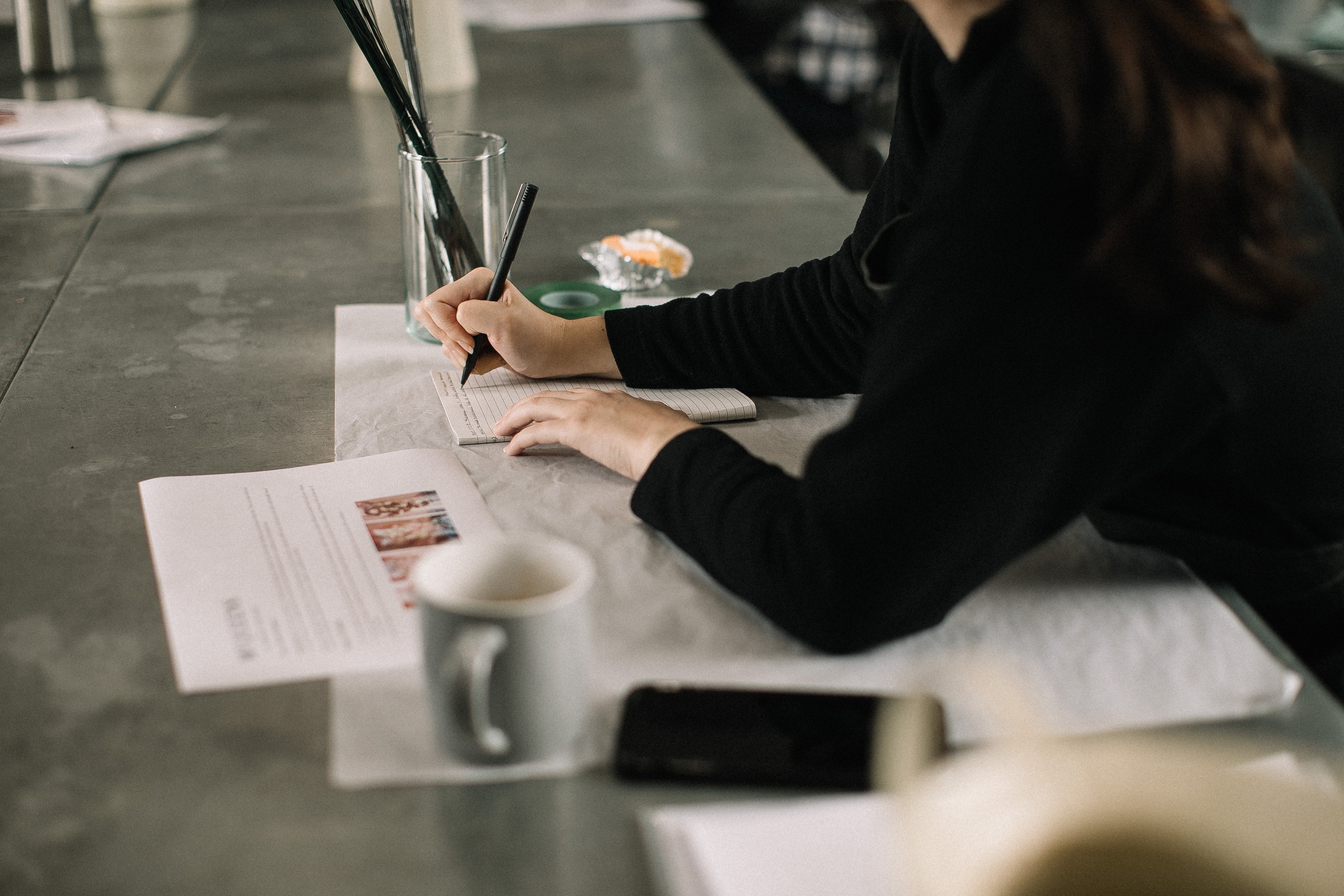We’ve also been guilty of believing they work non-stop. Surely, they couldn’t have gotten to where they are today if they weren’t some variation of modern-day caffeinated workaholics.
“The time to relax is when you don’t have time for it.” -Sydney J. Harris
Our very idea of what constitutes a productive day is deeply flawed because we associate it with working every minute of the day until we fall asleep, then wake up the next day and repeat. This pattern of overworking ourselves to the point of exhaustion is far from ideal.

Do you see the issue here? Our daily routines have gradually morphed into this elaborate schedule filled to the brim with commitments, appointments, meetings, and obligations, to the extent that any ‘free’ time we dedicate to taking care of ourselves is considered to be a luxury, an indulgence on our part.
So if you have to ask yourself if your routine has enough downtime, then you probably need more downtime.
Why Is Downtime Important?
Creating space for more free time can drastically improve your productivity and give you a much-needed energy boost.

“Having free hours where I could relax and decompress made it possible for me to be effective during the working hours that remained. You need to value your free time, downtime, and leisurely activities that provide whole health and wellness to your life.” -James Clear
Scheduling downtime into your daily routine will allow you to restore your focus, renew your energy levels, and rejuvenate your enthusiasm. Taking the time to step back and relax can also help you see the bigger picture, evaluate your priorities, and understand the purpose of every task you aim to accomplish. Not only that but downtime can also boost your mental and physical health as well as your interpersonal relationships. When you take time off and unplug, you also become better at listening to your mind and body. Ultimately, this will help you build a better relationship with yourself. Moreover, frequent breaks can reinstate your willpower, enhance your judgment, and encourage sound decision-making.
How can you better use your downtime?
“When you recover or discover something that nourishes your soul and brings joy, care enough about yourself to make room for it in your life.” -Jean Shinoda Bolen
#1: Schedule downtime into your day
If you’re not naturally inclined to take breaks or slow down during the day then you need to start scheduling downtime into your routine. Just as you would plan work activities and tasks, do the same for your free time. Whether it’s an hour every day, one to two off days a week, or a couple of evenings here and there, it’s essential that you allocate enough time for yourself where you get to unplug and relax.
#2: Create rituals and routines

#3: Free up your mind clutter
When you’re taking downtime, you need to ensure that your mind is clutter-free. The purpose of downtime is to relax and unwind, so it defeats the purpose if you were to worry about work during your free time. Compartmentalizing tasks and responsibilities is a great way to do that. Organizing your daily to-do list so it’s more comprehensible and less vague or messy also helps tremendously.
In Conclusion
“Self-care is not a waste of time; self-care makes your use of time more sustainable.” -Jackie Viramontez
While carving out space for downtime isn’t always the easiest task, it’s essential that you do so if you want to avoid burnout and chronic fatigue. Just as it’s necessary to give your undivided attention to the tasks at hand, whether at work or at home, you also need to be able to enjoy your time off and focus on the present moment.

